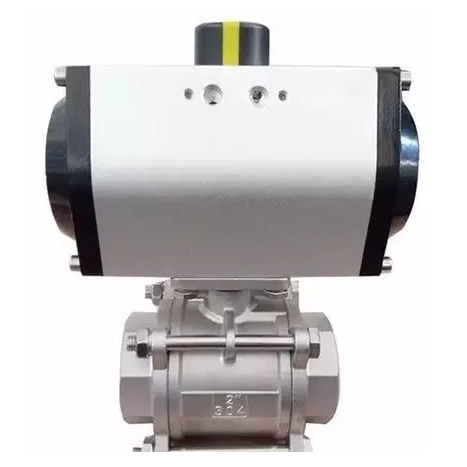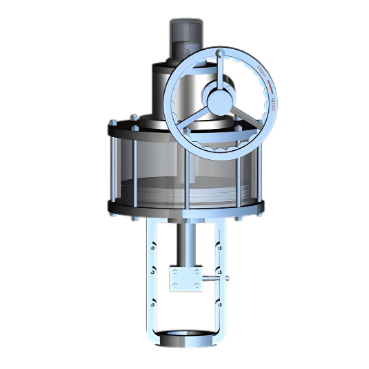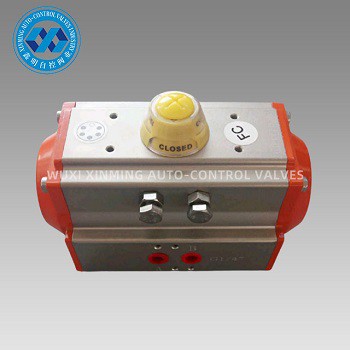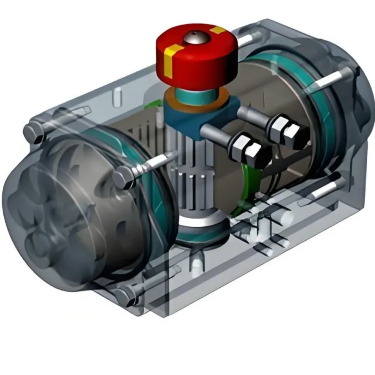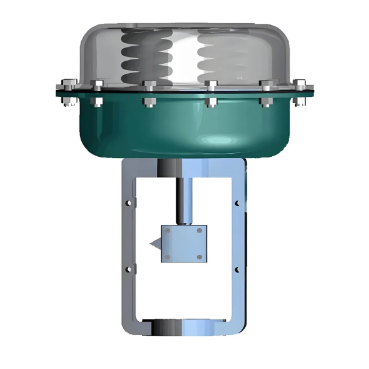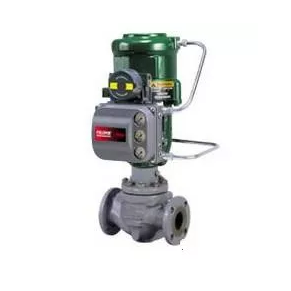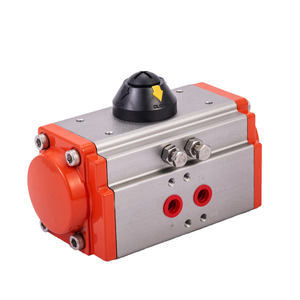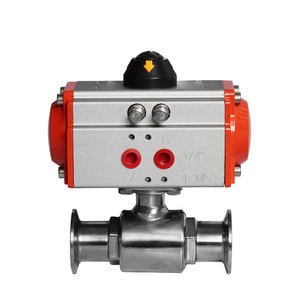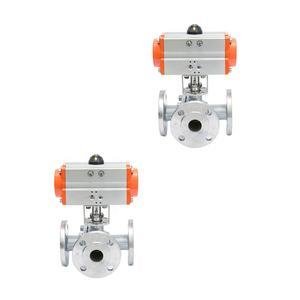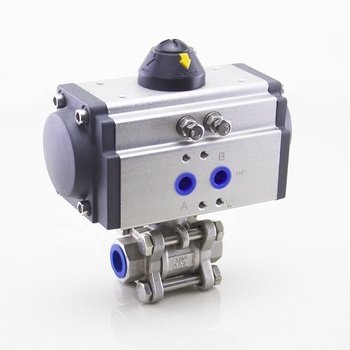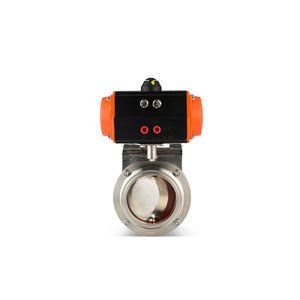A pneumatic actuator double acting uses
compressed air for both extension and retraction, which is fundamental to its
functionality. Inside the actuator, there are two chambers separated by a
piston. When compressed air is directed into one chamber, it exerts pressure on
the piston. This pressure forces the piston to move, resulting in the extension
of the actuator rod. Conversely, when air is introduced into the other chamber,
the piston is pushed back, causing the rod to retract.
This mechanism offers several advantages.
Firstly, it enables rapid and precise movement control. The use of compressed
air allows for quick changes in the actuator's position, making it suitable for
applications where fast response times are crucial, such as in automated
manufacturing lines. Secondly, it provides consistent and reliable operation.
Compressed air is a clean and readily available power source, ensuring stable
performance over extended periods.
In industrial settings like chemical
plants, this type of actuator is widely used to control valves. For example, in
a pipeline system transporting corrosive chemicals, the pneumatic actuator
double acting can quickly open or close valves by using compressed air for
extension and retraction. This not only ensures the efficient flow of chemicals
but also enhances safety by enabling rapid response to any process changes or
emergencies.
If you want to learn more about low-priced products, please visit the following website: www.xm-valveactuator.com


